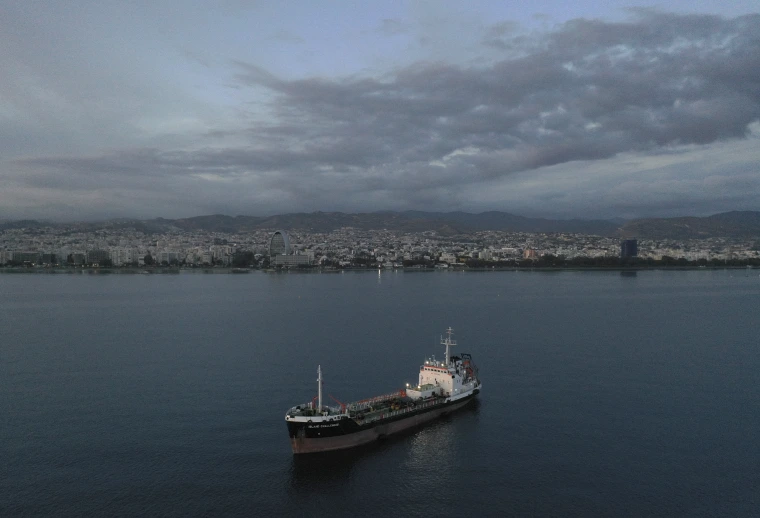Already a subscriber? Make sure to log into your account before viewing this content. You can access your account by hitting the “login” button on the top right corner. Still unable to see the content after signing in? Make sure your card on file is up-to-date.
BP, a major oil and natural gas company, announced a halt to all shipments through the Red Sea, joining other companies in response to the escalating Houthi rebel attacks. This decision by BP, described as a “precautionary pause,” aims to ensure the safety of its crew amidst the recent increase in maritime hostilities.

The recent attacks by the Houthi rebels have targeted and nearly missed ships without direct Israeli connections, suggesting a broader scope of their maritime campaign. This surge in violence has prompted BP, along with four other leading container shipping companies – A.P. Moller-Maersk, MSC, Hapag-Llyod, and CMA CGM – to either stop or redirect their Red Sea routes. Notably, Hapag-Lloyd’s vessel Al Jarash experienced an attack last week, with Houthi spokesperson Brig. Gen. Yahoo Saree claiming responsibility. Saree asserted the group’s intent to halt ships heading towards Israeli ports in the Red Sea until critical supplies are delivered to Gaza.
The shift in maritime routes will likely cause considerable disruptions, as ships may now circumnavigate Africa’s Cape of Good Hope, extending travel time significantly. Simon Heaney, senior manager of container research for Drewry, predicts this will lead to delays, increased fuel costs, and a greater need for ships, potentially affecting global supply chains and consumer prices. This has also led to an increase in oil prices, with Brent Crude, the European benchmark, increasing 2.6 percent to around $78.56 a barrel on Monday, partly influenced by these suspended shipments.






